In this post, I’ll share five things that I did learn in art school. When I entered art school, nearly twenty years ago, I never could have predicted that these five things would be the biggest “take aways” from my experience. But each of them has been incredibly important in my personal growth as an artist.
I Learned That There is Competition
I remember that first day in my freshman drawing class as clearly as if it were yesterday. My class had about 20 students, and all of them were strangers. I remember looking around wondering, “who is the best? Is it her? Is it him? Is it me?”
You see, I am “over the top” competitive. I have always strived to be the best in every endeavor that I undertake. This can be an advantage, but it can also be a huge character flaw. We all know that you cannot always be the best at everything.
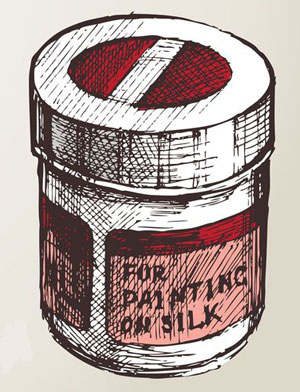
When it came to drawing, I had always been the best (in my high school anyway). But I quickly learned that art school was going to be a different story. If I wanted to be among the best, I was going to have to work for it. I learned this during my first critique.
I spent about 3 hours on that first assignment. The drawing was an 18” by 24” graphite illustration of one of the seven deadly sins. Up to this point, 3 hours on one drawing was quite a long time for me.
As my classmates and I pinned our work upon the wall, I quickly noticed that mine wasn’t the best. It wasn’t the worst by any means, but it wasn’t the best. For someone as competitive as myself, this was devastating. Before the critique even began, I knew that I could do better.
Competition drives excellence. It also separates those who are willing to work hard from those aren’t. There was clearly competition for me among my classmates. Now the question became, “am I willing to work hard enough to reach excellence?”
Now that I have years of experience under my belt, I know that in order for me to have reached my potential for that drawing, in that particular style, I would have needed to spend many more hours on it. Additional time should have been spent on better research, thorough execution of the medium, and developing a clearer manner in which to communicate the idea. But I have only learned these things because of the competitive spirit that drives me to be better.
I Learned The Value of Critique
I have never met someone that likes to be told what they have done wrong, or where they could improve. So, it’s no wonder that so many students are resistant to critique. After all, this is what critique is all about – being told what you have done wrong, or where you could improve – right?
During my first year of art school, I would dread critiques. While I loved sharing my work, I couldn’t help but feel that I was being evaluated during each session.
It was only when I separated myself from my art that I began to see the real value of critique.
I had to look at my art as a product, rather than an extension of myself. This is hard to do as an artist. We express ourselves through our work, and we can’t help but to be somewhat attached to it emotionally. But in order to improve, we must learn to view our art objectively and this requires detachment from the work.
When I shifted my mindset, I quickly began to benefit from critiques. I understood that not everything that I create will be success, but in every work I can grow.
Each critique offered insights on how my art was viewed and how I could communicate in a clearer manner.
By graduation, I was looking forward to every critique. Not because I wanted to share what I had done, but because I wanted to grow from what advice others would share.
I Learned That “Talent” Can Be Learned
From very early on in my life, people labeled me as talented. For a long time, I graciously accepted this label. However, over time it began to frustrate me.
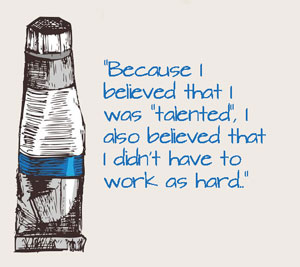
Up until art school, I believed that my drawing abilities were the result of the “talent” that I was “fortunate enough to be born with”. This misbelief actually hindered my growth as an artist.
Because I believed that I was “talented”, I also believed that I didn’t have to work as hard.
When I finally realized that artistic growth has absolutely nothing to do with “talent”, my skills began to improve. I started doing my own searching and as I grew, my thirst for knowledge intensified. Soon, I was creating art that I thought I would never be capable of producing.
I had to let go of “talent” and embrace the idea that drawing and painting are skills that can be learned and developed by anyone. Our “starting points” may be different, but the limits of where we can take our skills are limitless.
I Learned New Processes and Mediums
Our experiences shape who were are as people. Our exposures to artistic media sometimes shape who we become as artists.
When I entered art school, I had only been exposed to a few mediums. I had never touched a soft pastel and I didn’t have a clue as to what Lithography was all about. I had never painted with oils and I was convinced that the medium for me was pen and ink.
My exposure to a variety of media and processes in art school changed all of that and formed who I became artistically. Now, pastels are one of my favorite mediums and I only rarely work with pen and ink.
I Learned That Success in Art Requires Hard Work and Perseverance
So by now it should be clear that success in art takes hard work. If you really want to become a strong artist, you must be willing to put in the hard work and “hours” that it requires. Far too many people expect immediate results and quickly become disappointed when they do not get them.
Drawing and painting are lifelong journeys. Developing your skills should be approached as a marathon, not a sprint.
If so, join over 36,000 others that receive our newsletter with new drawing and painting lessons. Plus, check out three of our course videos and ebooks for free.
Lesson Discussion
Comments are closed.

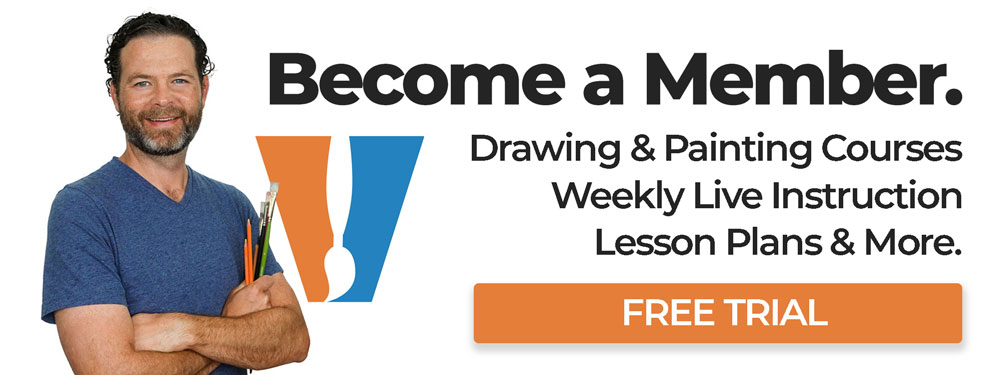
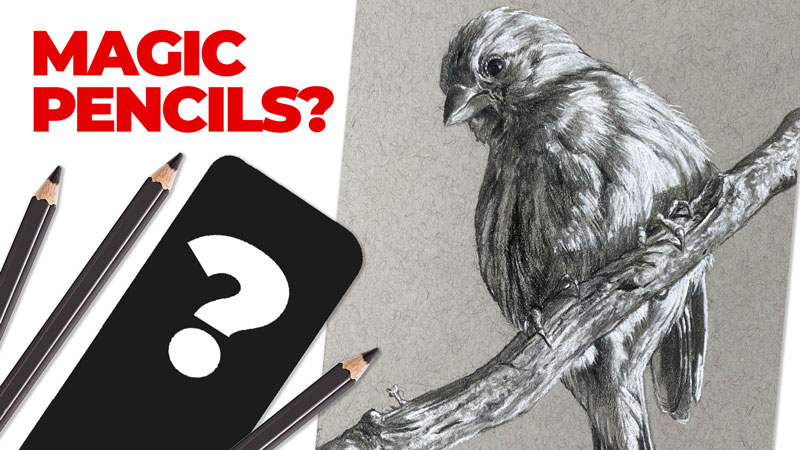
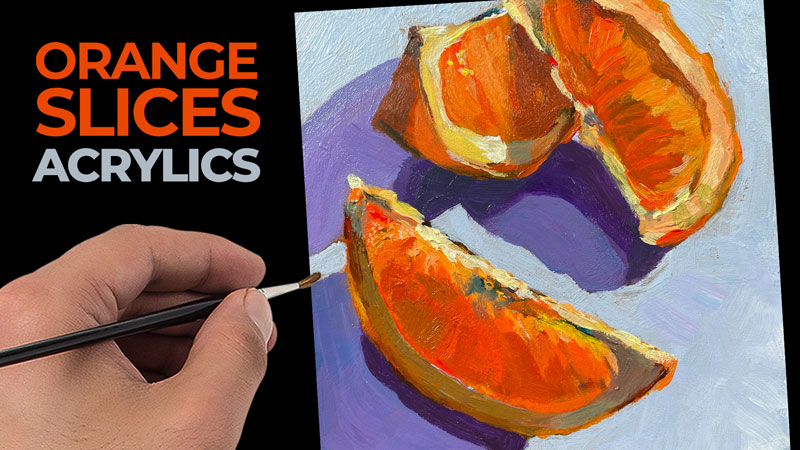
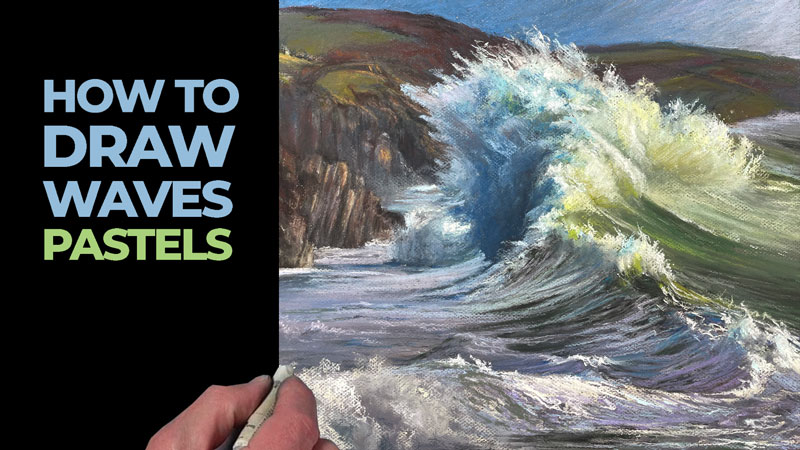
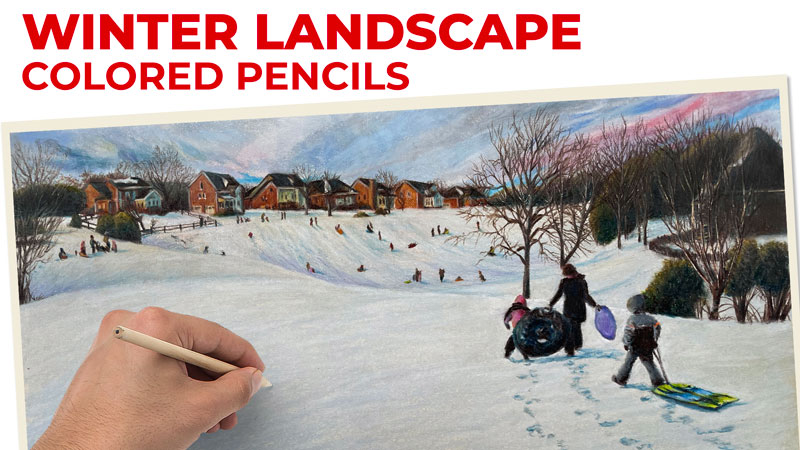
Thank you, Matt, particularly for the point about critique. So often we put our all into a project or a piece of artwork, etc., and have so much of our self-esteem wrapped up in the result that we cannot avoid being disappointed, regardless of the responses we receive. I once had an art teacher point out that my work displeased me, just tear it up since it was only a piece of paper. Just like you tell us to lighten up since nobody is going to see our reference photos unless we show them. Good advice to not take ourselves too seriously.